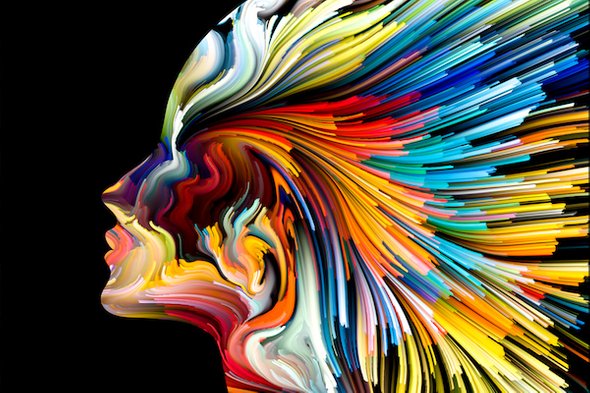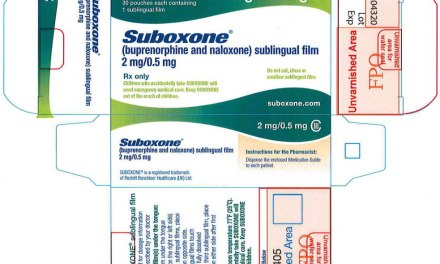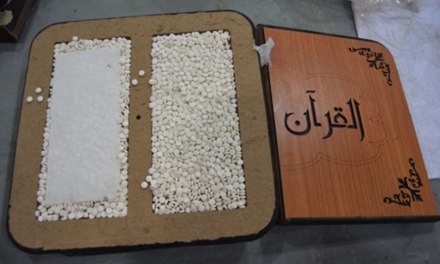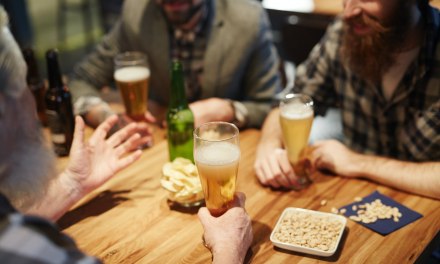Moms and drugs —those are two things most of us don’t associate with one another. Still, recent evidence suggests that thousands of mothers around the US are now incorporating the substance known as “shrooms” into their regular routine.
Who knew? Well, not me.
Their motive depends on who you happen to ask. Some mothers claim it helps them cope with anxiety. Others insist it relieves depression. Some just like the way it makes them feel, period.
There doesn’t appear to be a specific dose that qualifies as ‘micro’ in this context. NIDA allegedly describes a microdose as “ten to twenty percent of a typical non-clinical dose.” A 2022 piece in Harvard Health indicates that a dose of psilocybin amounts to “…2 to 3 grams of dried mushrooms”, meaning a microdose would be in the neighborhood of “0.3 grams.”
Less than a third of a gram? That would be a small dose, indeed.
In fact, can a dose so small possibly have the kind of dramatic impact that aficionados ascribe to it?
I have trouble believing that. And yet, here are all those moms, insisting that it’s changed their lives. Is there anything in the way of research to support that claim?
“There are some very small studies that suggest that there may be some improvement in mood,” acknowledged one expert, as quoted in the article. Doesn’t sound like much evidence.
Still, someone has already organized a support / advocacy group for maternal shroom use, called Moms on Mushrooms. Based in Colorado, one of two states where the practice is fully legal. Here’s something on their activities.
Mom says microdosing mushrooms makes her a ‘present’ parent
Tracey Tee said she tried her first mushroom at 44 years old.
From the organization’s founder: “I get really frustrated when people say to me, ‘Oh, well, like, mushrooms are, you know, ‘mommy’s new little helper. That is not what microdosing is.”
It isn’t? Some of us are old enough to remember the Rolling Stones song, “Mother’s Little Helper.” That was about the craze for Valium, newly on the market as an anti-anxiety medication.
Before Valium, however, we had the amphetamines, introduced to America’s moms as aids to weight loss as well as a source of much-needed pep. Later on, of course, people just got to like the way it made them feel. Problems emerged.
I have to admit, microdosing for mothers does sound to me like more of the same.
The article closes with a familiar caveat: “… people who are interested in microdosing should always talk to their medical provider first to get an accurate understanding of the risks and benefits based on their specific medical history.”
So is this a medical breakthrough? Or perhaps, like so many, another health fad? We may have to wait a while to find out.













